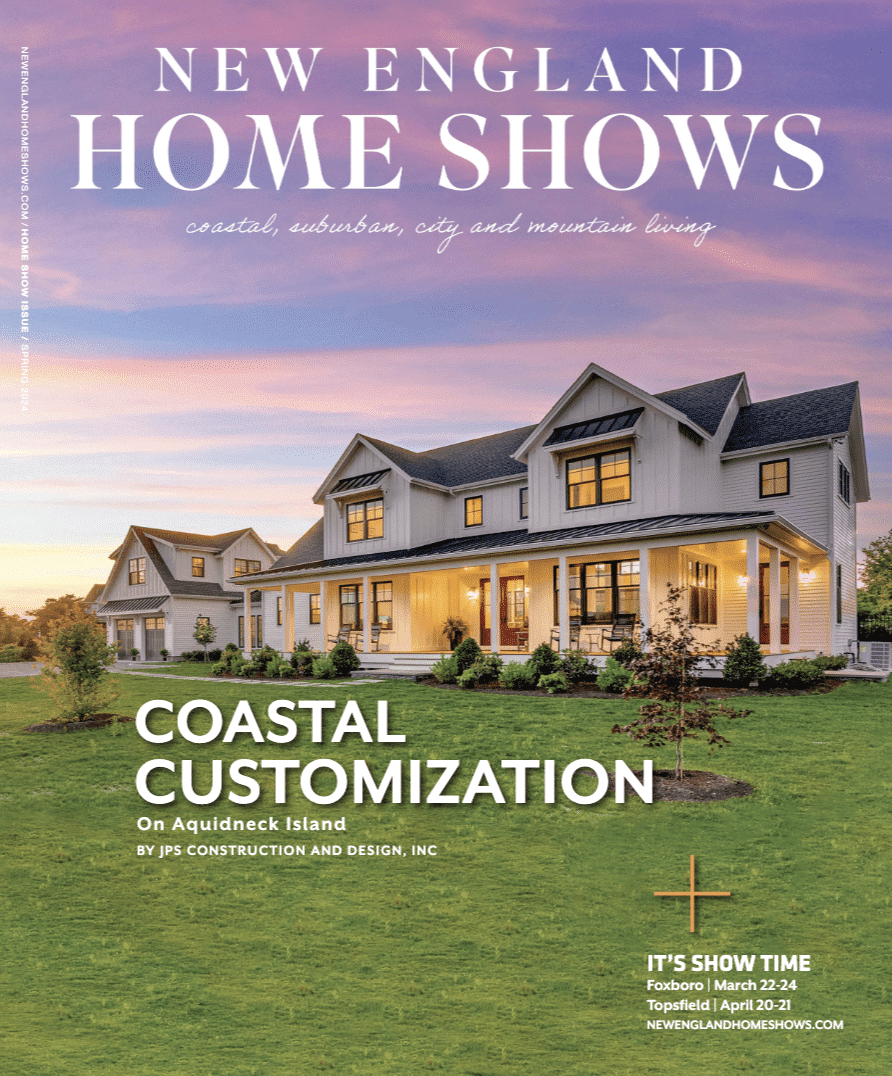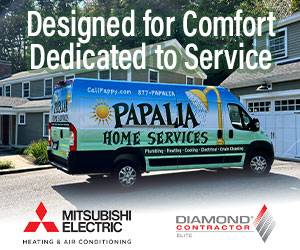When you’re purchasing a home, there are many key factors to consider, such as location, size, and how many bathrooms you want. Another important consideration is whether you want an older or a newer home. Purchasing an older home has several advantages, but there are also some drawbacks to be aware of before you make such a large purchase. To help you make your decision, we’re sharing some of the main pros and cons of purchasing an older home.
Benefits of purchasing older homes
They have charm
One of the main benefits of purchasing an older home is that they have charm and character. Older homes have unique architecture and design features that are hard to find in newer homes—especially as the increasing demand for homes causes many newer homes to be mass-produced as quickly as possible.
They often cost less
Another significant benefit of purchasing an older home is the price tag. The cost of an old home will depend on several factors, such as location and condition, but many older homes cost significantly less than newer ones of a similar size.
Investment opportunity
Older homes pose exciting investment opportunities if you’re up for the challenge. Because it will typically cost less, you can purchase an older home at a lower cost and use the money you saved on renovations to increase its property value. When it comes time to sell, you’ll be able to enjoy a greater return on your investment.
The downsides to purchasing older homes
They may have some health hazards
Unless they’ve been recently updated, older homes were built before the creation of many important building regulations. As such, the presence of dangerous chemicals is a common problem in older homes. For example, older homes may contain lead paint on the walls or asbestos in the siding, insulation, or flooring.
Repairs and renovations can rack up costs
Older homes may have lower price tags, but they’ll likely rack up more costs in repairs and renovations. Insulation, roofing, and windows typically needs to be replaced every 15 years or so, which means you should include the cost of such projects in your budget when purchasing an older home. In addition, older homes also often require rewiring, piping replacement or repairs, or repairing or replacing the foundation. Yep, old homes take some work.
Hopefully, this list of pros and cons of purchasing an older home has helped guide your decision of whether to purchase an old or a new home.






















